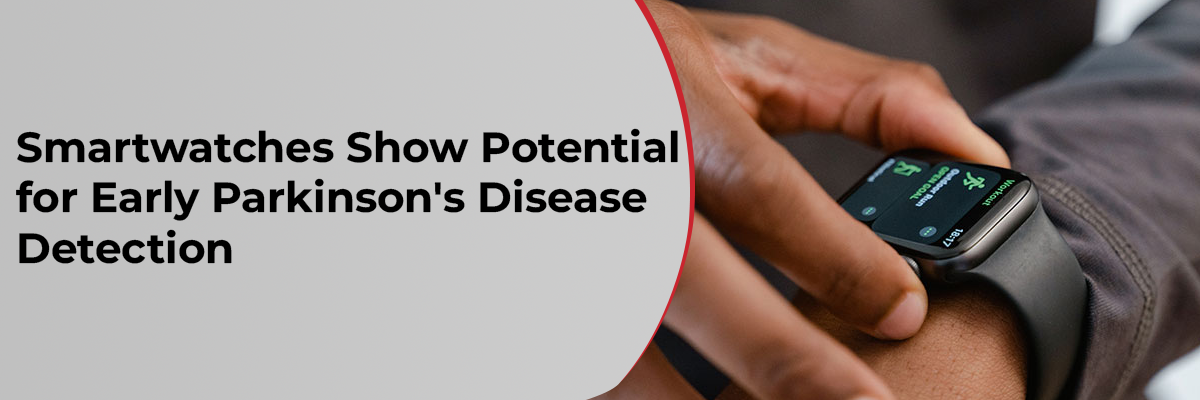
 IJCP Editorial Team
IJCP Editorial Team
Smartwatches Show Potential for Early Parkinson's Disease Detection
A recent study suggests that smartwatches may have the ability to
diagnose Parkinson's disease up to seven years before symptoms appear.
Investigators from the UK Dementia Research Institute at Cardiff University
utilized artificial intelligence to interpret data from 103,712 smartwatch
users. By monitoring their speed of movement over a week between 2013 and 2016,
they were able to predict who would later develop Parkinson's.
This discovery holds promise for the development of a screening tool to
detect early-stage Parkinson's, potentially offering a cost-effective and
reliable method due to the increasing prevalence of smartwatch usage globally.
The findings indicate that just one week of data can forecast events that occur
several years in the future, allowing for improved recruitment into clinical
trials and earlier access to treatments when they become available.
The study utilized information from the UK Biobank, a comprehensive
health database comprising over half a million individuals. Dr. Kathryn Peall,
a researcher involved in the study, stated that the model demonstrated accuracy
in differentiating Parkinson's from other conditions that affect movement, such
as old age or frailty. However, the decision to inform individuals of their
Parkinson's diagnosis years before symptoms manifest remains a personal choice.
While further research and comparisons with global data are necessary to validate these findings, the potential of smartwatches as an early detection tool for Parkinson's disease could significantly impact both research and clinical practice in the future.

IJCP Editorial Team
Comprising seasoned professionals and experts from the medical field, the IJCP editorial team is dedicated to delivering timely and accurate content and thriving to provide attention-grabbing information for the readers. What sets them apart are their diverse expertise, spanning academia, research, and clinical practice, and their dedication to upholding the highest standards of quality and integrity. With a wealth of experience and a commitment to excellence, the IJCP editorial team strives to provide valuable perspectives, the latest trends, and in-depth analyses across various medical domains, all in a way that keeps you interested and engaged.










.jpg)








.jpg)

Please login to comment on this article